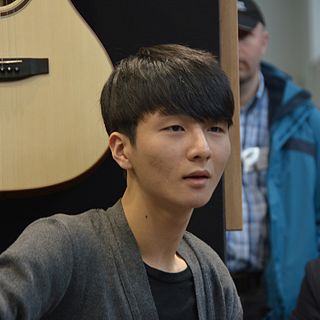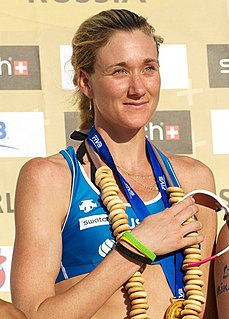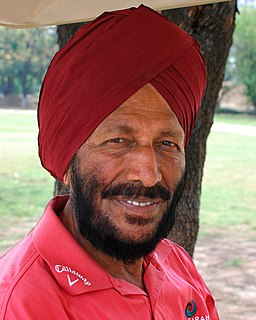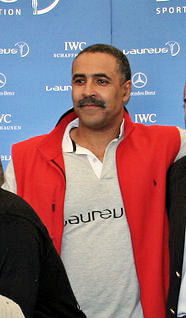A Quote by Sungha Jung
It usually takes me two to three days to practice and videotape a new piece but sometimes up to a week for more difficult ones.
Related Quotes
At some point I go back on the sand to get my sand legs. Because it takes a good month for my legs to catch up with everything, with the displacement and all that stuff. So right now we're training on the beach six days a week for practice, and that's generally about two and a half hours. And then I'm doing pilates three times a week.
The ideal time for writing a [television] script is four days, though sometimes it has to be two or three days depending on the deadline. If it's two days, sometimes there are things I see that don't work as well. If I have two weeks, the scripts get kind of flabby and lack the adrenaline that a sense of deadline fills you with.



































